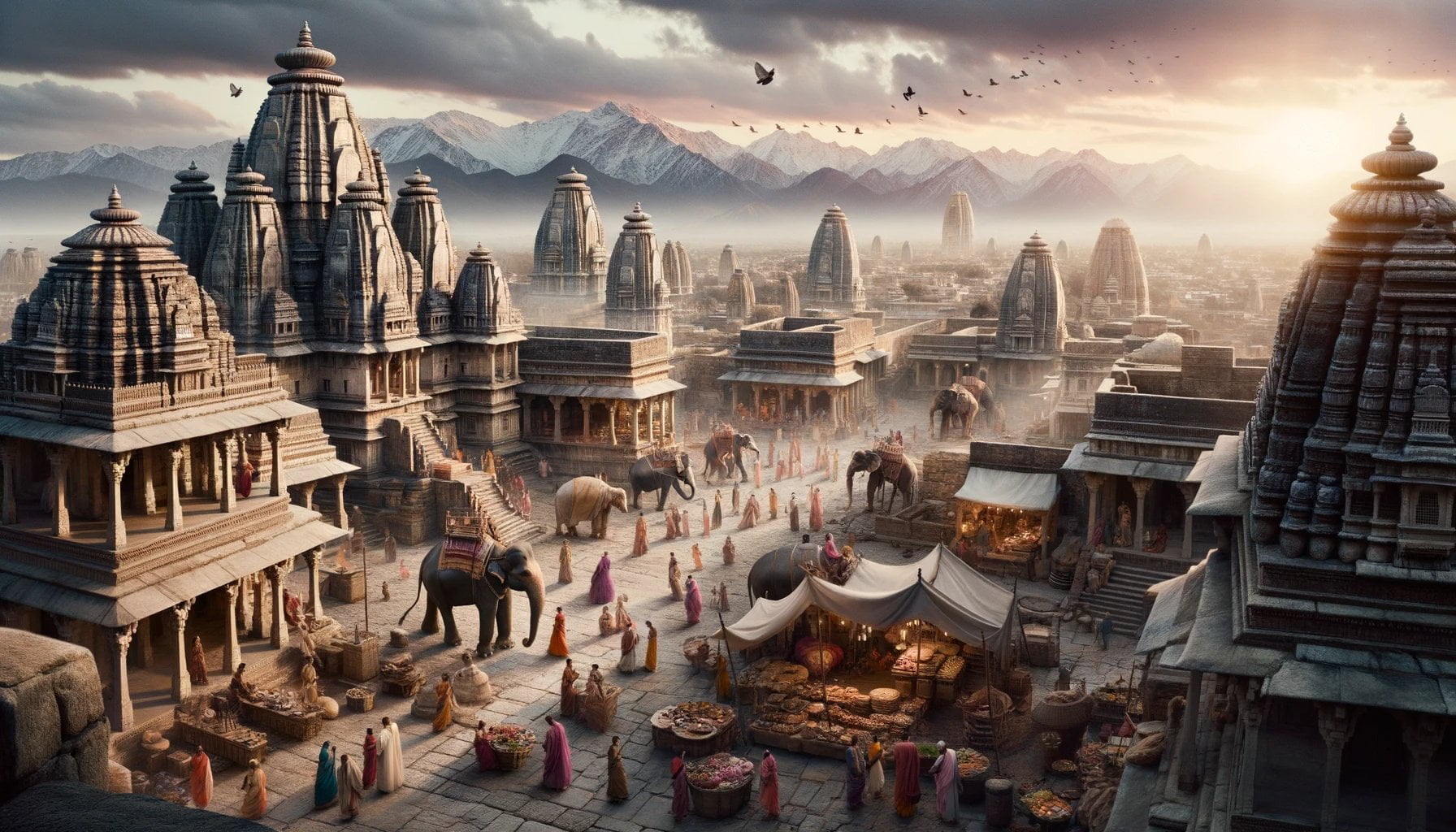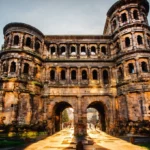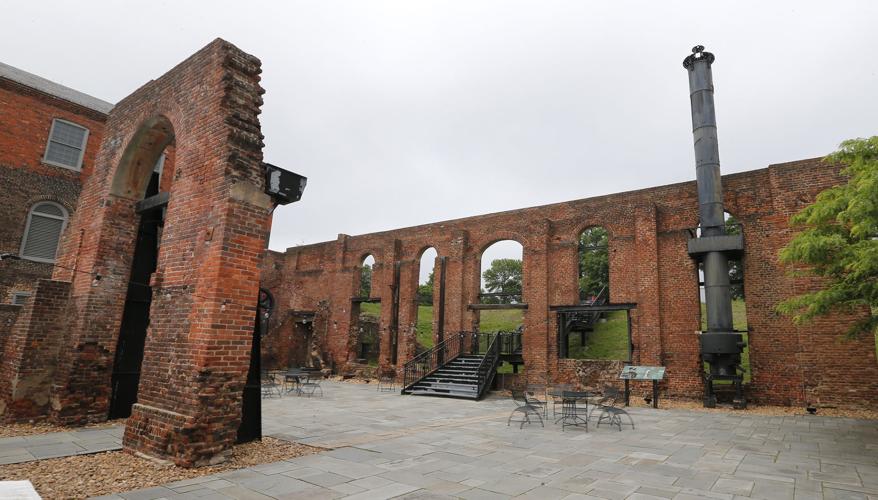

The 7 Ancient Civilizations That Changed the World Forever – and One You’ve Never Heard Of
Have you ever wondered how ancient civilizations shaped the world we live in today? From the invention of writing to the creation of laws, the legacies of these cultures are everywhere.
But there’s more to their stories than pyramids and myths.
These ancient civilizations laid the foundation for many aspects of modern life, including technology, government, and culture.
In this article, we’ll dive into 7 ancient civilizations that had a profound impact on history.
Table of Contents
We’ll also reveal a lesser-known culture that contributed in ways you might never expect.
Whether you’re a history enthusiast or just curious about the past, this journey will show you how these early societies influenced our world forever.
What Makes a Civilization “Ancient”?
Before we begin, let’s define what we mean by “ancient civilizations.” These were societies that existed thousands of years ago, often long before modern nations were established.
They were known for their advanced systems of governance, art, religion, and technology.
Think of civilizations like Egypt, Mesopotamia, and China — they weren’t just surviving; they were thriving, creating legacies that still resonate today.
1. Mesopotamia: The Cradle of Civilization
Why It Matters
Mesopotamia is often called the “Cradle of Civilization” because it was here, between the Tigris and Euphrates rivers, that humans first developed writing, laws, and large cities.
Imagine a world where farming was just starting.
People in Mesopotamia were among the first to figure out how to irrigate crops and organize communities into bustling cities.
Key Contributions
- Writing: The cuneiform script was the first written language. It allowed people to record trade, laws, and stories.
- The Wheel: Mesopotamians were the first to use the wheel for transportation.
- Laws: The Code of Hammurabi is one of the earliest known legal systems.
2. Ancient Egypt: Masters of Monumental Architecture
Why It Matters
When we think of ancient civilizations, Egypt often comes to mind first.
The pyramids, hieroglyphs, and mummies have fascinated people for centuries. But Egypt’s impact goes beyond monuments.
It introduced ideas about governance, religion, and even medicine that influenced future societies.
Key Contributions
- Architecture: The Great Pyramid of Giza remains one of the Seven Wonders of the Ancient World.
- Calendar: Ancient Egyptians developed a solar calendar with 365 days.
- Medicine: They performed surgeries and documented treatments for various diseases.
3. The Indus Valley Civilization: Urban Planners Ahead of Their Time
Why It Matters
The Indus Valley Civilization, located in present-day India and Pakistan, is less famous than Egypt or Mesopotamia, but its contributions were groundbreaking.
They built sophisticated cities with advanced drainage systems and standardized weights and measures for trade.
Key Contributions
- Urban Planning: Cities like Mohenjo-Daro had grid layouts and efficient drainage systems.
- Trade: They traded extensively with Mesopotamia and other regions.
- Peaceful Society: There’s little evidence of war or conflict in their artifacts.
4. Ancient China: Innovators of Technology and Philosophy
Why It Matters
China’s ancient history spans thousands of years, filled with groundbreaking inventions and philosophies that shaped not only Asia but the entire world.
From the Great Wall to Confucianism, China’s influence is hard to overstate.
Key Contributions
- Paper and Printing: Early forms of paper and movable type printing originated here.
- Gunpowder: This invention would change warfare forever.
- Philosophy: Confucianism and Taoism provided ethical frameworks that are still followed today.
5. Ancient Greece: The Birthplace of Democracy
Why It Matters
When we talk about ancient civilizations, Greece often stands out for its contributions to philosophy, politics, and art.
The idea of democracy, born in Athens, changed how governments function worldwide.
Key Contributions
- Democracy: Citizens in Athens participated in decision-making, a revolutionary concept.
- Philosophy: Thinkers like Socrates, Plato, and Aristotle shaped Western thought.
- The Olympics: This tradition began in ancient Greece and continues today.
6. The Roman Empire: Builders of an Eternal Legacy
Why It Matters
The Roman Empire wasn’t just a civilization; it was an empire that spanned continents. Its systems of law, architecture, and governance influenced Europe and beyond.
Key Contributions
- Infrastructure: Roads and aqueducts connected vast territories.
- Law: Roman legal principles are the foundation of many modern legal systems.
- Language: Latin influenced many European languages, including English.
7. The Maya: Masters of Time and Astronomy
Why It Matters
The Maya, located in Central America, were brilliant astronomers and mathematicians.
They developed an intricate calendar system that amazed even modern scientists.
Key Contributions
- Calendars: Their understanding of time was incredibly advanced.
- Architecture: They built impressive pyramids and ceremonial sites.
- Writing: The Maya script was one of the most sophisticated in the ancient Americas.
A Civilization You’ve Never Heard Of: The Nok of West Africa
Why It Matters
The Nok culture, which thrived in present-day Nigeria, is one of the oldest known civilizations in Africa.
They were pioneers in ironworking and created stunning terracotta sculptures.
Key Contributions
- Ironworking: The Nok were among the first to smelt iron, a game-changer in technology.
- Art: Their terracotta figures are unique and highly detailed.
- Legacy: They influenced later African cultures, though much about them remains a mystery.
Conclusion
The ancient civilizations of Mesopotamia, Egypt, the Indus Valley, China, Greece, Rome, and the Maya changed the world forever.
Each contributed something unique, from writing and architecture to philosophy and governance.
And let’s not forget the Nok, whose innovations in ironworking and art added to the richness of human history.
These cultures remind us that the past is never far away. Their ideas, discoveries, and stories continue to shape our lives today.
Key Takeaways
- Mesopotamia was the birthplace of writing and laws.
- Egypt amazed the world with its pyramids and medical knowledge.
- The Indus Valley excelled in urban planning and trade.
- Ancient China revolutionized technology and philosophy.
- Greece introduced democracy and shaped Western thought.
- Rome built an empire with lasting legal and architectural systems.
- The Maya mastered astronomy and time.
- The Nok culture of Africa contributed innovative ironworking and art.
FAQ: Frequently Asked Questions
Why are ancient civilizations important?
They laid the foundation for modern society through innovations in technology, governance, and culture.
Which ancient civilization had the greatest impact?
Each civilization contributed uniquely, but Mesopotamia is often called the “Cradle of Civilization.”
What is the lesser-known civilization mentioned?
The Nok culture of West Africa, pioneers in ironworking and art.
How can we learn more about ancient civilizations?
Explore museums, read historical texts, and visit archaeological sites to connect with the past.

Is a passionate history enthusiast and storyteller, dedicated to uncovering the forgotten moments and legendary figures that shaped the world. With a deep fascination for wars, revolutions, and historical mysteries, he brings the past to life with vivid detail and captivating narratives.



















Post Comment